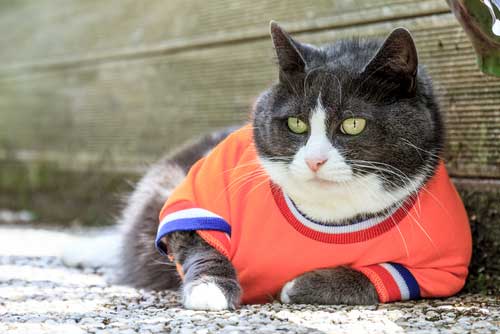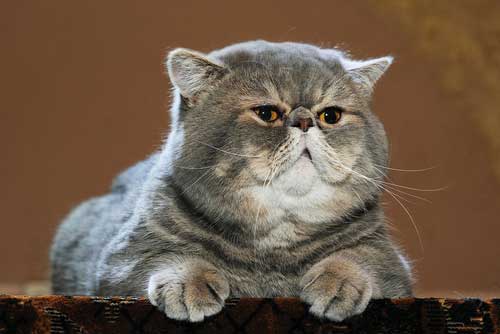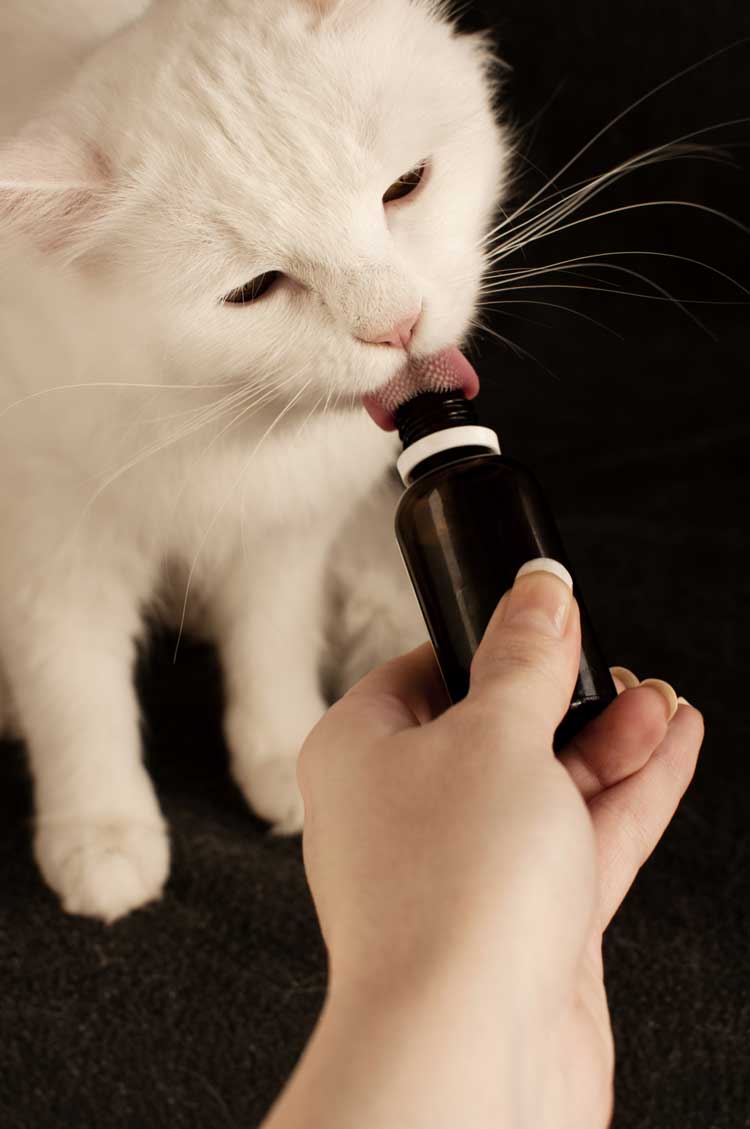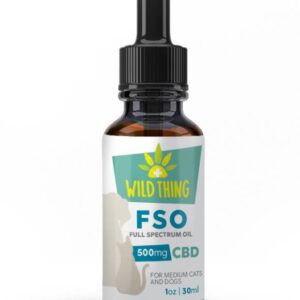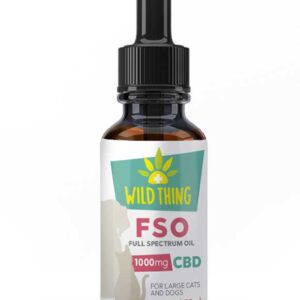Is Mittens having trouble fitting into that “cute sweater” she hates so much? Your cat may not admit that they’ve “put on a few pounds”, but as responsible owners it’s up to us to help them manage a healthy physique.
It’s not always easy being a cat. Sure, they sleep, hunt, nap, eat, sleep, play and then sleep again almost every day… but our feline furriends can suffer from obesity just like their human counterparts. Gaining weight is not as obvious an issue as it may seem; a lot of pet owners assume their pets are eating too much, combined with not enough exercise. This is not always the case. In addition to the usual suspects, allergies, reactions to medications, diseases, age and genetics can have an influence on your cat’s weight.
Understanding the multitude of factors that can affect your cat’s weight requires attention to details, and consistent monitoring of your cat’s day-to-day routines. Has your feline lost interest in going outside? Do they sleep longer hours, more often? Is their energy lacking, despite having a healthy appetite? These are all examples of questions that need to be answered in order to pinpoint what is causing your cat to be overweight.
Ailment Guides:
Geriatric Life For Dogs
How To Calm Hyperactivity In Dogs
Heart Disease In Dogs
Feline Weight Management
What Causes Cats To Gain Weight?
Obesity is a common problem for cats of all breeds, ages and lifestyles. Normalized weight in cats ranges from 7-16 lbs, but this is only meant to be a general rule (not taking into account larger breeds, such as Maine Coon). If you suspect that your cat is getting a little wide around the sides, what could be contributing to an increase in weight? In most cases, cats can become overweight due to:
- Grazing or Free Feeding
- Reactions/allergies to food or medications
- Age (metabolic rate)
- Feline diabetes
- Feline arthritis
- Anxiety
- Depression
- Physical Activity
Obesity Can Strike Quicker Than a Cat's Claw
Many cat owners are confused when their feline becomes overweight. “I don’t overfeed my cat?! My cat never finishes his/her bowl…” You may think, but cats can be smart and sneaky. Obesity can develop quicker than most people think – a sudden shift in eating habits, combined with a decrease in physical/mental activity can lead to an overweight problem. For instance, a cat that can be trusted to graze on its food throughout the day might be “spot feeding” all night or while you’re at work. Alternatively, cats might become bored with their food and start to “investigate” other food sources (such as table scraps, other pet food or even begin foraging through garbage). Medications, weather, gastrointestinal issues or simple boredom can contribute to your cat suddenly changing its appetite. Paying close attention to your cat’s behavior is usually the first-and-last line of defense against feline obesity.
Signs That Your Cat Is Gaining Weight?
There are many variables to determining if your cat is a “healthy weight”. Each cat’s ideal body mass can be individual, so it is not a simple “one size fits all” for felines (especially when considering numerous breeds). Cats are naturally lean, agile creatures but certain breeds – such as long-haired cats – can be trickier to notice if they’re gaining weight.
There are some telling signs if a cat is overweight, and most symptoms can be diagnosed by the owner:
- Bulged, chubby stomach
- Heavier mid-to-lower section (stomach, hind-legs, stem of the tail)
- Inability to feel your cat’s ribs
- Swollen paws
- Lack of energy
- Increased sleep
- Increased aggression
It is important to remember that weight gain is also a common symptom for numerous diseases and serious ailments (diabetes, arthritis, cardiovascular disease, tumors). If you can closely monitor your cat’s behavior, eating habits and physical activity and determine that nothing is out-of-the-ordinary, then you might want to visit the Vet to test for some potentially serious internal issues.
Why CBD Can Be An Effective Treatment & Preventative For Your Cat’s Weight Management
CBD – or Cannabidiol – can be an effective supplement for healthy weight management.
Cannabidiol (CBD) can be very beneficial for maintaining your cat’s immune system, cardiovascular system and overall vitality. CBD helps to lessen the effects of lethargy, gastrointestinal issues and reduces anxiety, aggression and stress-related disorders.
Think of CBD as a supplement that can reduce the severity of feline obesity. It can be ingested, under the tongue, or applied topically to the affected areas. One of the most beneficial components of CBD is that it does not irritate the point of contact, nor does it cause any hallucinogenic effects. CBD has been shown to soothe inflammation in the GI tract, and can help to counteract the irritation, pain or discomfort affecting your cat’s stomach, gut or bowels.
Cannabidiol is a phytocannabinoid that has been shown to have a prominent effect on numerous ailments – including epilepsy, arthritis and cancer. Remedies containing CBD achieve this by interacting with your pet’s endocannabinoid system. Almost all animals, like people, have an endocannabinoid system; this network of neurotransmitters is integral to physiological processes like memory, mood, pain, stress and appetite.
CBD can help your pet by producing anti-inflammatory, anti-anxiety, antipsychotic, antispasmodic and analgesic effects indirectly – that is, CBD interacts with a cat’s ECS (Endocannabinoid System) opposite to THC which directly binds to the Cannabinoid Receptors of the body. This does two things: makes the positive remedial properties more bioavailable to your cat; and lessens or negates the psychoactive effects, such as those associated with THC ingestion.
As you can see by the scope of ailments that are affected by CBD, it is clear how introducing CBD into your cat’s routine can benefit their internal system.
Ailment Guides:
Hip Dysplasia In Dogs
Melanoma In Dogs Types Symptoms And Treatments
Hearing Loss In Dogs

